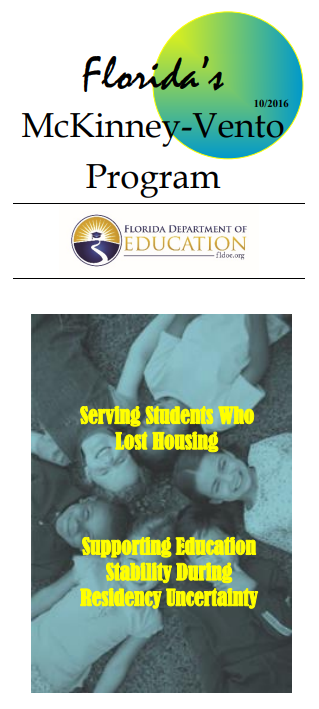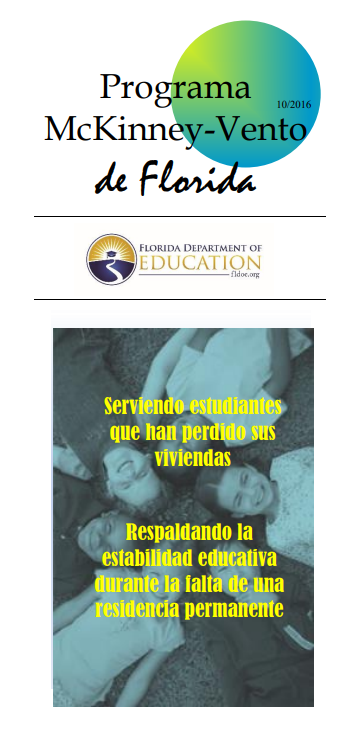- The School District of Osceola County, Florida
- Families in Transition (FIT)
Student Services
Page Navigation
- Student Services
- Bullying
- Code of Student Conduct
- Families in Transition (FIT)
-
Parent Resources
- Counseling Agencies
- Parent Resources
- Links to Resources
- Positive Behavior Interventions and Supports (PBIS)
- Resiliency Education Grades 6-12
- Community Resources
- How to Request Mental Health Services
- Suicide Awareness
- Local & National Resource List
- Enrollment Health Forms
- Who Are My Student's Mental Health Supports in School?
- Signs & Symptoms of Mental Illness
- Positive Behavior Interventions & Support (PBIS)
- Mental Health Resources
- Temporary Educational Guardianship Guidelines and Questionnaire
-
What is the Families in Transition Program?
-
The Families in Transition program is in accordance with the McKinney-Vento Homeless Assistance Act; reauthorized as Title IX of Every Student Succeeds Act (ESSA) in July 2016. This legislation requires that all children, including preschool age, experiencing homelessness have the same rights to a free and appropriate public education as housed children.
-
-
Definition of Homeless:
-
According to the federal law, McKinney-Vento Act, children and youth are considered homeless if they lack a fixed, regular, adequate night-time residence:
- Any student who is sharing the housing with others due to economic hardship, job loss, eviction/foreclosure or any similar circumstances (doubled up)
- Any student who is living in cars, trailer parks, campgrounds, public spaces, abandoned buildings or substandard housing
- Any student who is living in hotels or motels
- Any student who is living in an emergency or transitional shelter, a student who has been abandoned in a hospital
- Any student who is an unaccompanied youth (not in the physical custody of a parent or guardian) in any of the above-mentioned circumstances
- Migratory children who are living in any of the above-mentioned circumstances
-
-
Rights and Services:
- School Selection
Students experiencing homelessness have two school enrollment options — the school of origin or the zoned school in their new location. The school of origin is the school that the student last attended before losing housing. Students who are in homeless situations must remain in their school of origin unless it is against the wishes of the parents or guardians, and only if it is in the best interest of the student. Students may remain in their school of origin the entire time they are experiencing homelessness and until the end of any academic year in which they move into permanent housing. - Enrollment
School districts must immediately enroll students who are in homeless situations, even if they do not have required documents, including school records, medical records and proof of residency. It is encouraged to provide these documents as soon as possible after the student is enrolled. For assistance with obtaining such documentation, please contact the Families in Transition Program 407-870-4983. - Transportation
At a parent or guardian’s request, or in the case of an unaccompanied child or youth experiencing homelessness, transportation to and from their school of origin must be provided. - Free Meals
Students who are experiencing homelessness automatically qualify for free meals. Immediate eligibility is granted; no formal application is necessary. - Dispute Resolution
Whenever a dispute arises, the student must be admitted immediately to the requested school (school of origin OR zoned school) while the dispute is being resolved. When a determination has been made, the school district must provide the parent or guardian with a written explanation of its school placement.
- School Selection
-
School Board Policy:



